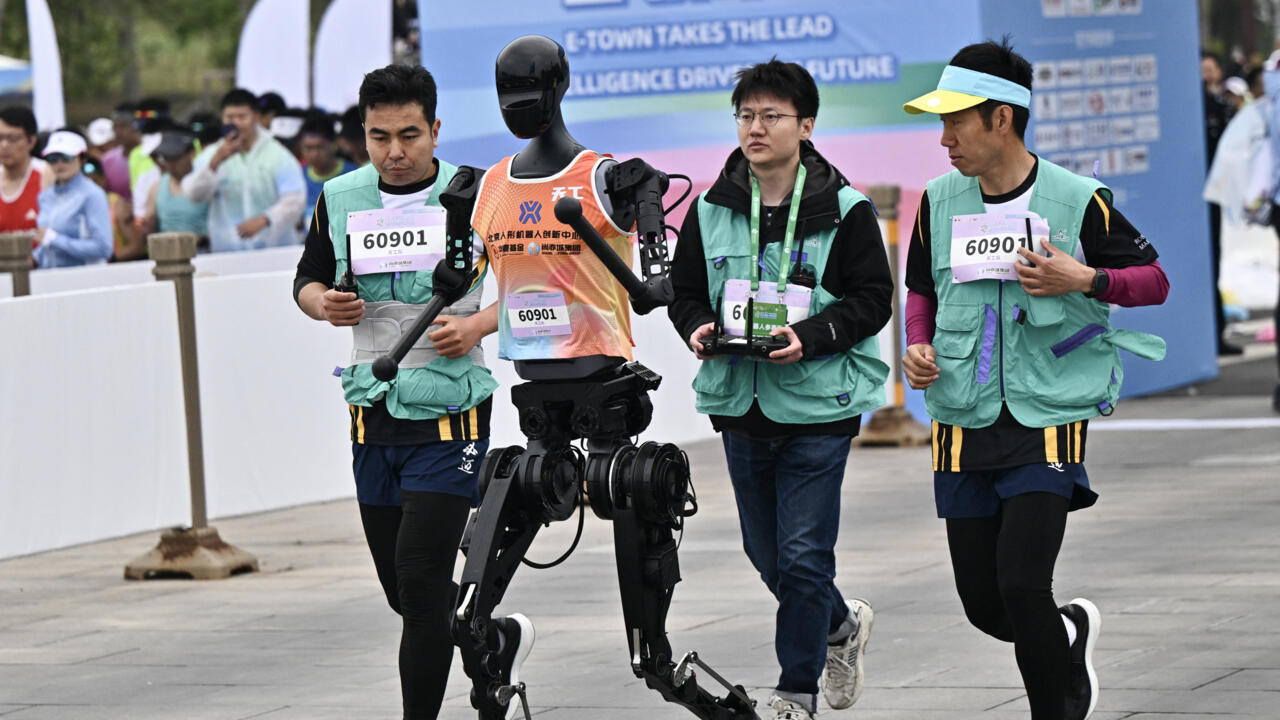In a first-of-its-kind achievement at the junction of robotics and endurance sports, humanoid robots have accomplished the world’s first half-marathon meant especially for bipedal machines. The 21-kilometre race was designed to test the limits of robot mobility, balance, and tolerance in actual outdoor conditions.
Organised by a group of tech companies and higher education institutions, the competition involved several humanoid models run through the tough course, completing terrain comparable to what human runners encounter. The robots were provided with AI-based navigation, adaptive gait control, and real-time stability sensors.
Engineers closely tracked the performance of each robot to collect data on fatigue, mechanical stress, and energy usage. The marathon also provided a critical test for future use in search and rescue, disaster response, and urban mobility, where long-distance walking may be necessary.
Both spectators and scientists were left in awe as the robots took the finishing line—some even adopting human-like gestures of victory. Organisers gave hints that this may be the start of an annual ritual, as humanoid robotics edge towards every-day incorporation.









